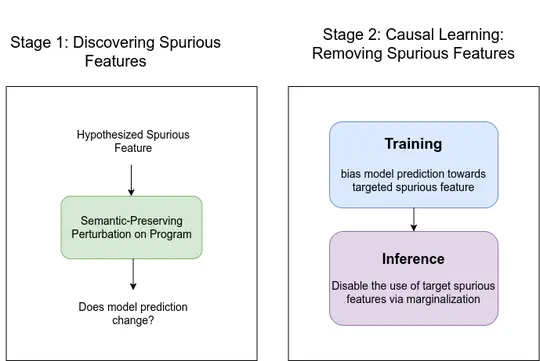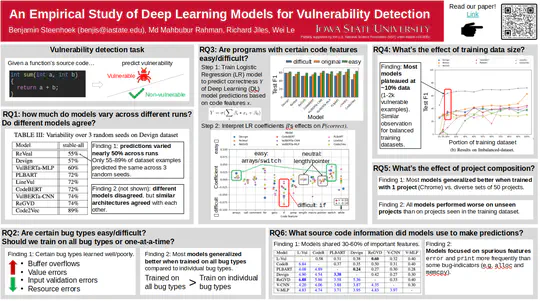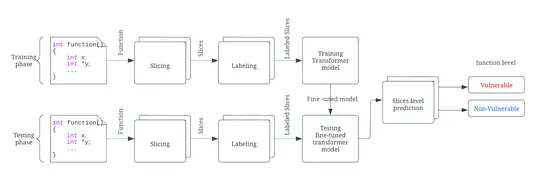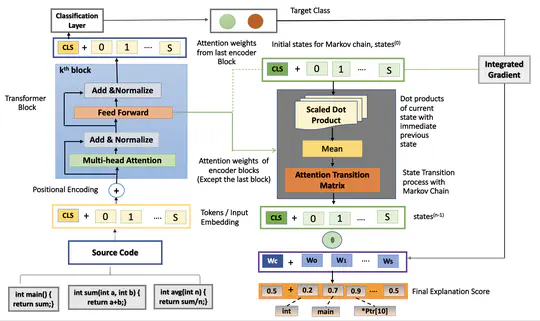Biography
Md Mahbubur Rahman is currently pursuing a Ph.D. in Computer Science with a focus on AI for Code, Software Engineering, and Causal Deep Learning at Iowa State University, anticipated to be completed by May 2025. His research is concentrated on refining software engineering models through the application of causal deep learning and interpretability methodologies, aiming to enhance prediction accuracy and reliability. His master’s thesis on “Causal Deep Learning for Vulnerability Detection” underscores his commitment to advancing the field.
In his role as a Graduate Research Assistant at Iowa State University, Rahman spearheaded the CausalVul project, which applies do-calculus-based causal learning algorithms to improve transformer-based models for code vulnerability. His industry experience includes a tenure as a Full Stack Software Engineer at crowd-realty.com in Tokyo, where he led the development of REST APIs and data analysis initiatives, and as a Software Engineer at BJIT Inc., where he developed a Bluetooth service for Android and a sentiment-analysis chatbot. Rahman’s expertise bridges the gap between advanced research and practical application in software engineering and AI.
- Causal Deep Learning
- Vulnerability Detection
- Software Engineering
PhD Student in Computer Science, 2025(Expected)
Iowa State University
MS in computer Science, 2023
Iowa State University
BSc in Computer Science and Engineering, 2018
Jahangirnagar University
Experience
Achievements
- 1st place recipient, Inter Dept. Programming Contest, Jahangirnagar University, Bangladesh, 2017.
- 2nd place recipient, Information Technology Professionals Exam(ITEE FE), Bangladesh, Oct. 2018.
- 3rd place recipient, National Collegiate Programing Contest, Bangladesh, 2017.
- 3rd place recipient, 9th ICT FEST, IUT, Bangladesh, 2017.
- 3rd place recipient, National Programming Camp, Bangladesh, 2016.
- 4th place recipient, Inter University Programming Contest, NSU, Bangladesh, 2017.
- 5th place recipient, CSE Day, BUET, Bangladesh, 2016.
- 12th place recipient, ACM-ICPC Asia Dhaka(Bangladesh) Regional Contest, Bangladesh, 2016.
- 50th place recipient, Google Kickstart - Round F, 2017.
- Codeforces - Max rating 2021 (Top 1%), Username: mahbubcseju.
- Codechef - Max rating 2309 (Top 1%), Username: mahbubcseju.
- Hackerrank - Max rating 2345 (Top 1%), 13 gold medals, 11 silver medals, 6 bronze medals, Username: mahbubcseju



